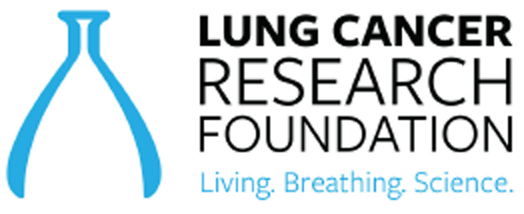Indications
Metastatic Colorectal Cancer (mCRC) MVASI® is approved to treat metastatic colorectal cancer (mCRC) for:
- First- or second-line treatment in combination with intravenous fluorouracil-based chemotherapy... Read More
- Second-line treatment when used with fluoropyrimidine-based (combined with irinotecan or oxaliplatin) chemotherapy after cancer progresses following a first-line treatment that includes MVASI®
MVASI®, in combination with paclitaxel and cisplatin or paclitaxel and topotecan, is approved to treat persistent, recurrent, or metastatic cancer of the cervix.
Ovarian Cancer (OC) MVASI®, in combination with carboplatin and paclitaxel, followed by Avastin alone, is used for the treatment of patients with advanced (Stage III or IV) epithelial ovarian, fallopian tube, or primary peritoneal cancer following initial surgery. MVASI®, in combination with paclitaxel, pegylated liposomal doxorubicin or topotecan, is approved to treat platinum-resistant recurrent epithelial ovarian, fallopian tube or primary peritoneal cancer in women who received no more than two prior chemotherapy treatments. MVASI®, either in combination with carboplatin and paclitaxel or with carboplatin and gemcitabine, followed by Avastin alone, is approved for the treatment of patients with platinum-sensitive recurrent epithelial ovarian, fallopian tube, or primary peritoneal cancer.





















